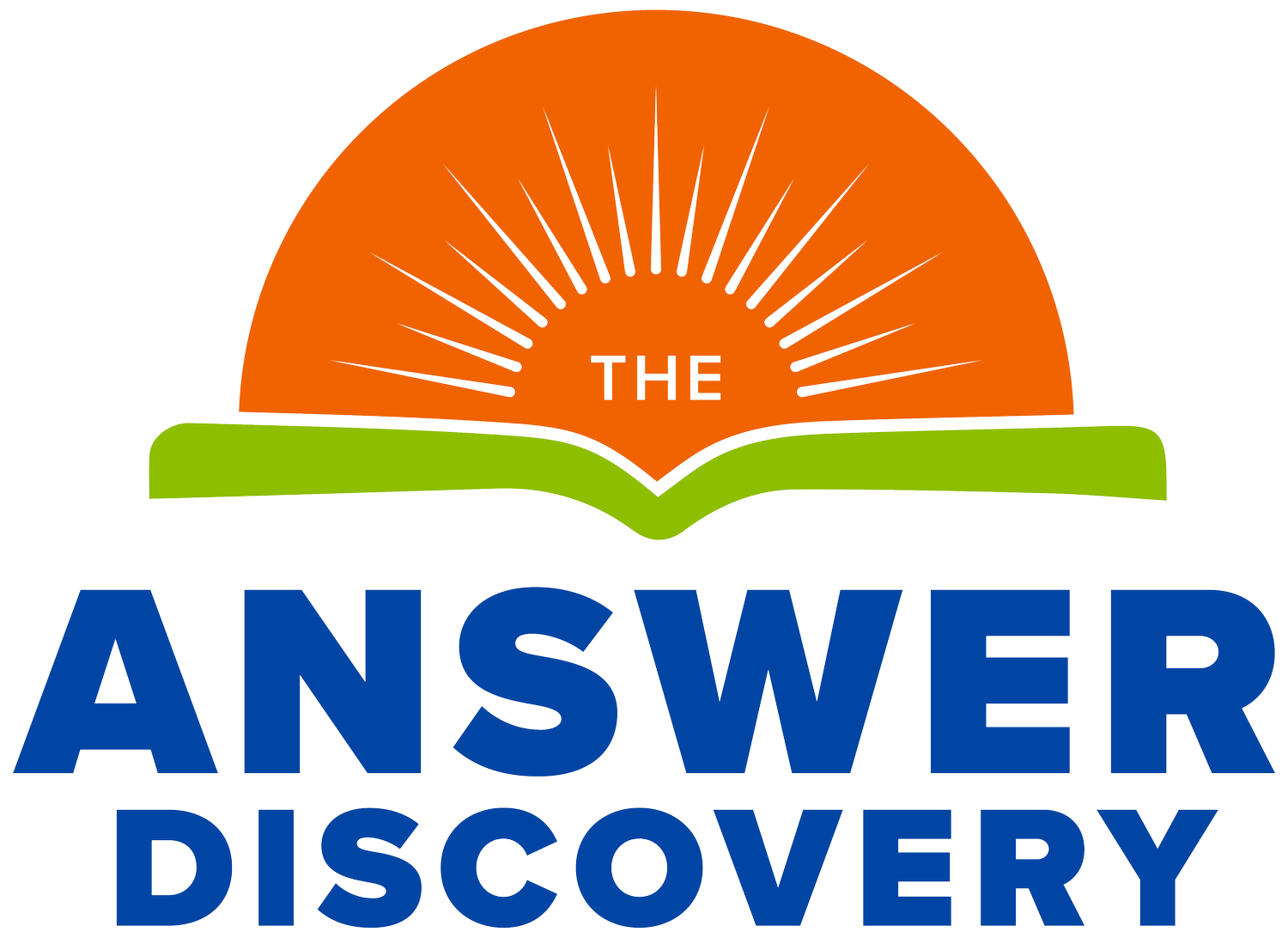You can Learn More from Failure than Success.
Why is it that we can learn more from failure than success? While it may seem illogical, it’s true. It appears that the pain we associate with failure weighs heavier and sticks with us longer than the pleasure we derive from success. Can we turn that around so we can quickly move on from any failures that occur in our life? Yes, but that’s not how we’ve been trained and to be honest, moving on quickly from failure may not be the wisest choice available. One of the greatest life tools we have is properly managing our emotions with both failure and success.
Admittedly, it’s hard to jump up and down with excitement when we feel we have failed in some way. That’s why most of us enter the downward spiral bus that begins with disappointment, slides to discouragement, moves to doubting ourselves, slips to depression, and finally lands us in despair whenever we fail the important stuff in our lives. Why? Great question. We tend to be our own worst critic beating ourselves up with no real benefit from doing so. So, why don’t we all develop what I refer to as a “hard stopper” and employ it the second our mind goes to disappointment when we think we have failed? My personal favorite hard stopper is “It’s NEVER failure until someone gives up,” which comes in pretty handy with the number of times I don’t succeed on the first try with something. How’s this work?
Whenever we feel we may have failed in some way, this feeling should trigger our minds to pause momentarily and ask ourselves the most important single-word question “WHY?” Asking ourselves WHY opens new paths to personal growth, an advancement of personal pattern recognition, and a clearer understanding of our personal capabilities and skill sets. We can compress a huge amount of learning into a single thought process simply by seeking answers to WHY and THAT’S the place we can learn and grow the most from having failed on the first try.
So, why aren’t we all doing this each and every time we initially experience a failure? Think about how we’ve trained ourselves to attach negative emotions to failure right out of the gate. Adding to disappointment, we pile on frustration, anger, and quite often envy that someone else may have succeeded with what we failed. Now we’ve made this assumed failure something we’d rather avoid and move on from rather than embracing what eventual good may come from the “WHY” analysis, the final result being a missed opportunity. Dang! The solution? Well, it requires each of us to take action.
You see, the key here is that we take the time to re-train our mind so that it instantly interprets any failure as a learning opportunity in disguise. Example? Sure. We all know that there’s a real human being underneath that Halloween costume when they come to our door hollering “trick or treat.” The point being that we can simply view failure as a costume with a real growth and learning opportunity hiding underneath. When we train our minds, utilizing the basis of stimulus and response, we open up our ability to subconsciously view failure immediately as an opportunity to learn in waiting. That allows complete avoidance of disappointment in ourselves and at least some level of excitement as we prepare to learn, grow, and better ourselves. Would you like that to define how YOU handle perceived failure? Then take action and discover what works best for you in triggering this positive response to failure. To get started, search Thomas Edison and what he experienced while inventing the incandescent light bulb. You can also search the history of 3M’s Post-it notes where failure was converted to great success with a simple shift in thought process. They both represent positive examples you can model.
The title of this article seems to indicate that there may not be a lot to learn when you experience successes in life. Wrong. The title reflects what I perceive as nearly everyone failing to take precious and well-spent time on recording the things that went right that led to the success in their brains filing cabinet for future utilization and personal growth. Most of us have been trained to immediately jump to the next challenge on our list. That results in potentially having to learn the same lessons over again at some point in the future. Simplicity (and efficiency) slipped right through our fingers. Our race to keep up, or attempt to get ahead of others, can lead to missed opportunities to embrace the benefits offered from success. This requires each of us to take action and discover what steps or thought processes triggered us to reach a successful outcome. Know what that’s called? Experience. And experience only benefits us when we record the stimulus and response that led us there. There’s so much to learn from success.
It's no secret that I believe that every person on this here earth possesses the ability to put what I’ve written here to immediate use in their life. All it requires is taking action on the thought processes I’ve presented. So, will you? Will you embrace the simplicity of how both failure and success can help you grow and become a better person? If you do, your ability to help others will skyrocket and THAT’S what we’re really placed on this wonderful world to do each day. Hey…I Believe In YOU! GiddyUp!
